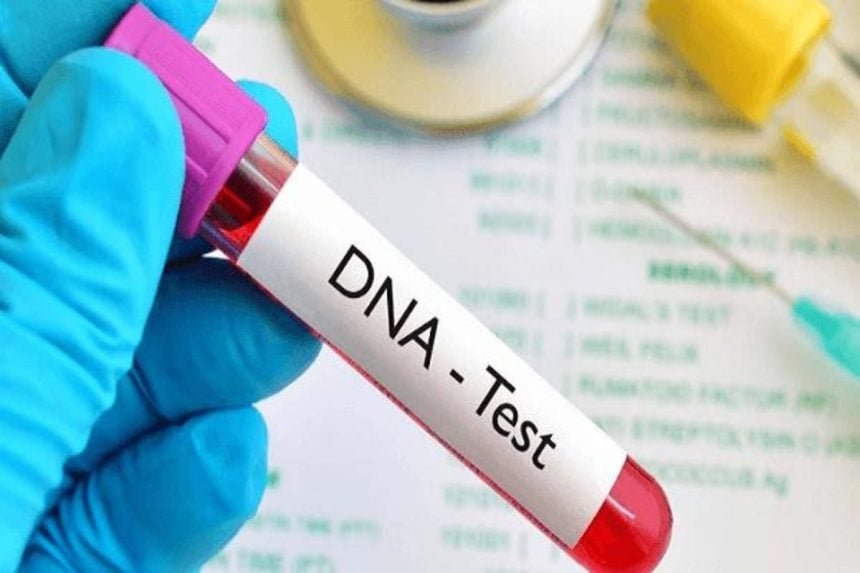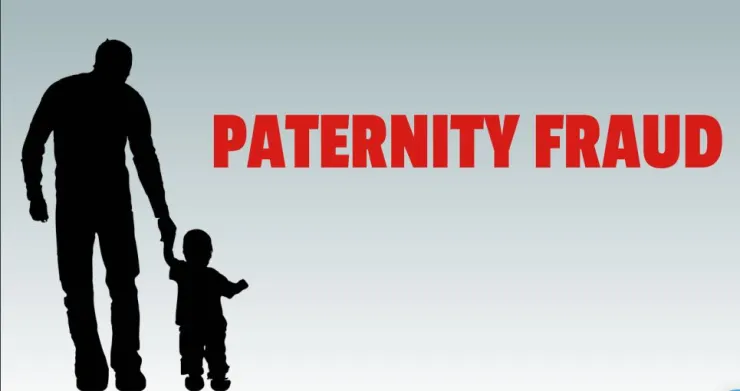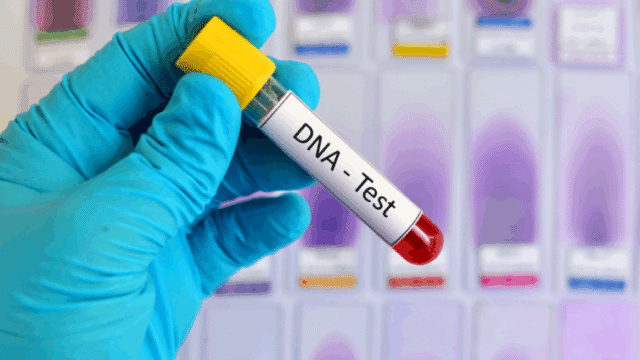A recent study by Smart DNA Nigeria has revealed quite disturbing information, stating that one out of every four paternity tests performed in the country still provide a negative result, amidst a lingering paternity dilemma and growing trust concerns among Nigerian households.
A quarter of paternity tests between July 2024 and June 2025 revealed that the putative dads were not biologically linked to the children in question, according to the Lagos-based genetic testing company’s 2025 Annual DNA Testing Report, which was distributed this week.
Although slightly lower than 2024’s 27 per cent, the figure highlights what the firm calls a “worrying and consistent trend.”
Join our WhatsApp community

The Operations Manager at Smart DNA, Elizabeth Digia, who gave details on the report, said: “These findings are not just about science; they tell us something profound about trust, relationships, and the legal and economic realities of Nigerian families today.
“Our role is to provide certainty through accurate testing while encouraging sensitive handling of the life-changing information our clients receive.”
According to the findings, firstborn children—particularly sons—were much more likely to have negative paternity test results. Firstborn males had an astounding 64% exclusion rate, which was much greater than that of their later-born siblings.
Additionally, it showed that immigration-related DNA testing increased to 13.1% of all tests, which is directly tied to Nigeria’s increasing emigration wave, which is well known as the “Japa” phenomenon. As more families look for documents to relocate abroad, this represents a significant rise over prior years.

“Many of our clients are dual-citizenship families processing DNA documentation for children, often as part of long-term emigration plans,” the report noted.
Another important conclusion was that men initiated 88.2% of all paternity tests, while women initiated only 11.8%. Nearly half (45.5%) of all tests were performed on older men, especially those 41 and older, indicating that financial stability is a significant factor in starting paternity verification.
The bulk of those tested were children aged 0–5 years, up from 54% the year before to 58.5 percent this year.

Analysts claim that this demonstrates a rising tendency of parents looking for early clarification to prevent issues down the road.
Clients’ ethnic breakdown revealed that Yoruba families continued to dominate, accounting for 53% of the total, followed by Igbo families (31.3%).
At 1.2%, Hausa participation remained low, indicating notable cultural disparities in beliefs towards paternity testing.
Join our WhatsApp community

Court-mandated testing accounted for just 1.4% of DNA tests, with the great majority (83.7%) being performed for “peace of mind” rather than legal requirements. The gender of the children that were tested also indicated cultural leanings: 53.8% of them were male, suggesting that there is still a focus on confirming male ancestry for potential inheritance and family name preservation purposes.
Digia said: “We’re seeing more people come forward with doubts they’ve harboured for years,” said. “Some of these cases involve emotional trauma and even financial exploitation. A policy framework is overdue.
“Our figures reflect those who already had reason to question paternity, and as such, the results should not be extrapolated to all Nigerian families.”
Join Our Social Media Channels:





